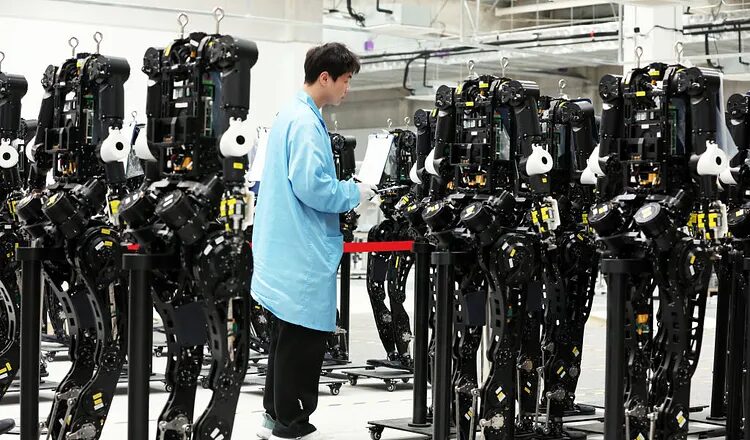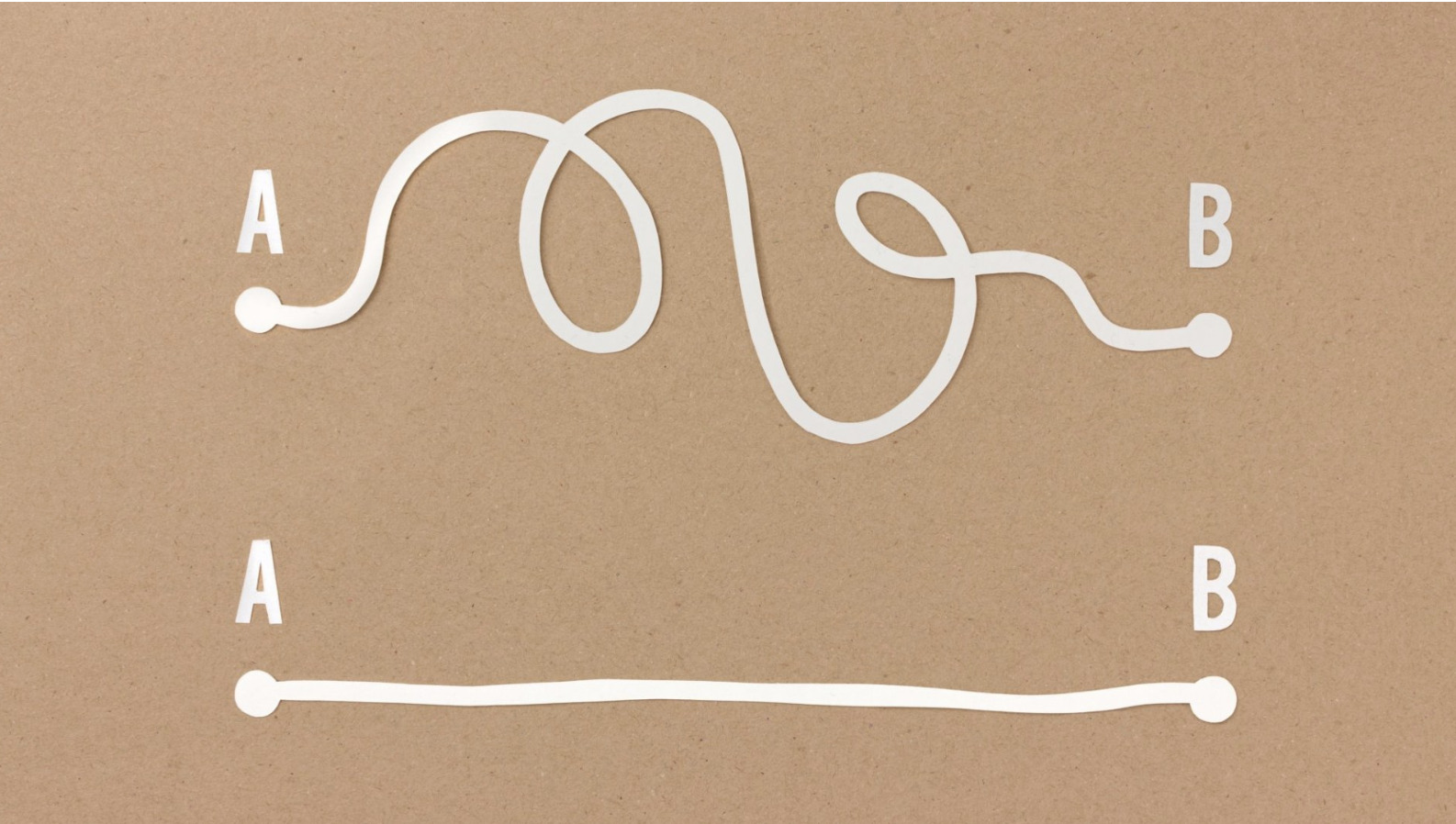
Patrick McGee: China’s Robots vs. America’s Chatbots
In his latest article for The Free Press, WWSG exclusive thought leader Patrick McGee argues that the global AI competition isn’t just about building the…
Thought Leader: Patrick McGee

When computers came to the workplace, we were sold with promises of increased time savings and productivity. Then big data came along and we were told we would work better and smarter. Now we have more data than we could ever use, but instead of making our work more efficient and smarter it has only made it busier and less meaningful.
According to the Harvard Business Review article “Smart Rules,” companies are now collecting six times the number of performance metrics than they did in 1955. With all this extra data collection and analysis, there’s less time for meaningful work. Therefore, it’s no surprise that a Boston Consulting Group report found that managers in the most complex organizations now spend 30 to 60 percent of their time in meetings and 40 percent of their time writing reports (generally used for meetings).
According to Lisa Bodell, CEO of futurethink, thought leader, and author of the award-winning book Kill the Company and Why Simple Wins, complexity is the enemy of meaningful work and is destroying our companies. Between endless meetings and countless emails, workers in complex companies only get 6.5 hours of meaningful work done–in a week.
Don’t believe me? All you need to do is look at the success of companies like Uber (simplified rides), AirBnB (simplified hotels), and Netflix (simplified media streaming), and compare them to all the complex and slower to change businesses they left in their wake: taxis, hotels, and movie rental shops.
The complexity trap, unfortunately, is inevitable. As your business processes grow, regulations, meetings, and metrics increase. As Bodell makes all too clear, workers don’t get promoted for doing less in their organizations, they get promoted for doing more, even if those tasks are writing up reports of endless metrics.
In order to escape the complexity trap, organizations need to simplify their procedures and create more time for meaningful work. According to Bodell, companies that operate with simplicity operate with less waste, have reduced turnover, and increased customer satisfaction.
Bodell points to UPS as a brilliant example of simplicity. In 2004, UPS implemented a decision to simplify delivery routes that changed their whole business. Delivery routes were modified so drivers avoided left turns whenever possible. UPS found that left turns involved wait times in traffic, increased fuel costs from idling engines, and more potential for accidents as drivers crossed oncoming traffic. By eliminating left turns, UPS cut delivery times, fuel costs, and accidents, while increasing customer satisfaction.
Southwest Airlines also made things simple by only using one type of aircraft instead of multiple models, which made it easier for pilot training, ongoing maintenance, and travel bookings.
So how can you simplify your work? Here are three simple ways to kill complexity in your business:
Bodell advises employees and leadership to start killing complexity by making a list. Write down what tasks you do each day; then circle the most important (and meaningful tasks). When you look at the list, there will most likely only be a few things circled. The uncircled masses that surround your meaningful tasks are where you can start reducing needless work.
Too many regulations stifle a business. In fact, much of what you do and how you do it isn’t even a regulation–it’s an assumption or a process at your company “we’ve always done this way.” These rules (or assumptions) are usually the processes that make work much more complex and fill it with meaningless tasks. With your co-workers, come up with a list of stupid rules (or assumptions) you can get rid of to simplify the work process.
Finally, as organizations grow, the decision-making becomes more complex and layered. You become slower to respond to change and are prone to be bypassed by younger and simpler companies. By empowering employees to make their own decisions, you will need less meetings, which take away from meaningful work.
Bodell suggests tasking team members with making two decisions a week without you (within parameters of the budget and what’s permissible by law, of course). Two great customer service companies–Zappos and Ritz-Carlton– do this all the time, empowering their employees to take ownership of satisfying the customer.
As time goes on, increase the employee empowerment to make decisions. You will find your company responds quicker to events with more empowerment.
Patrick McGee: China’s Robots vs. America’s Chatbots
In his latest article for The Free Press, WWSG exclusive thought leader Patrick McGee argues that the global AI competition isn’t just about building the…
Thought Leader: Patrick McGee
John Kelly: The Impact of Veterans
10News Anchor John Becker sits down with Gen. John F. Kelly to chat about the impact of veterans and how they work to serve their…
Thought Leader: John Kelly
Erika Ayers Badan: How Great Teams Actually Work
On this episode of Unsolicited Advice, we talk about what actually makes teams work. How clarity beats charisma. Why initiative matters more than experience. Why…
Thought Leader: Erika Ayers Badan

